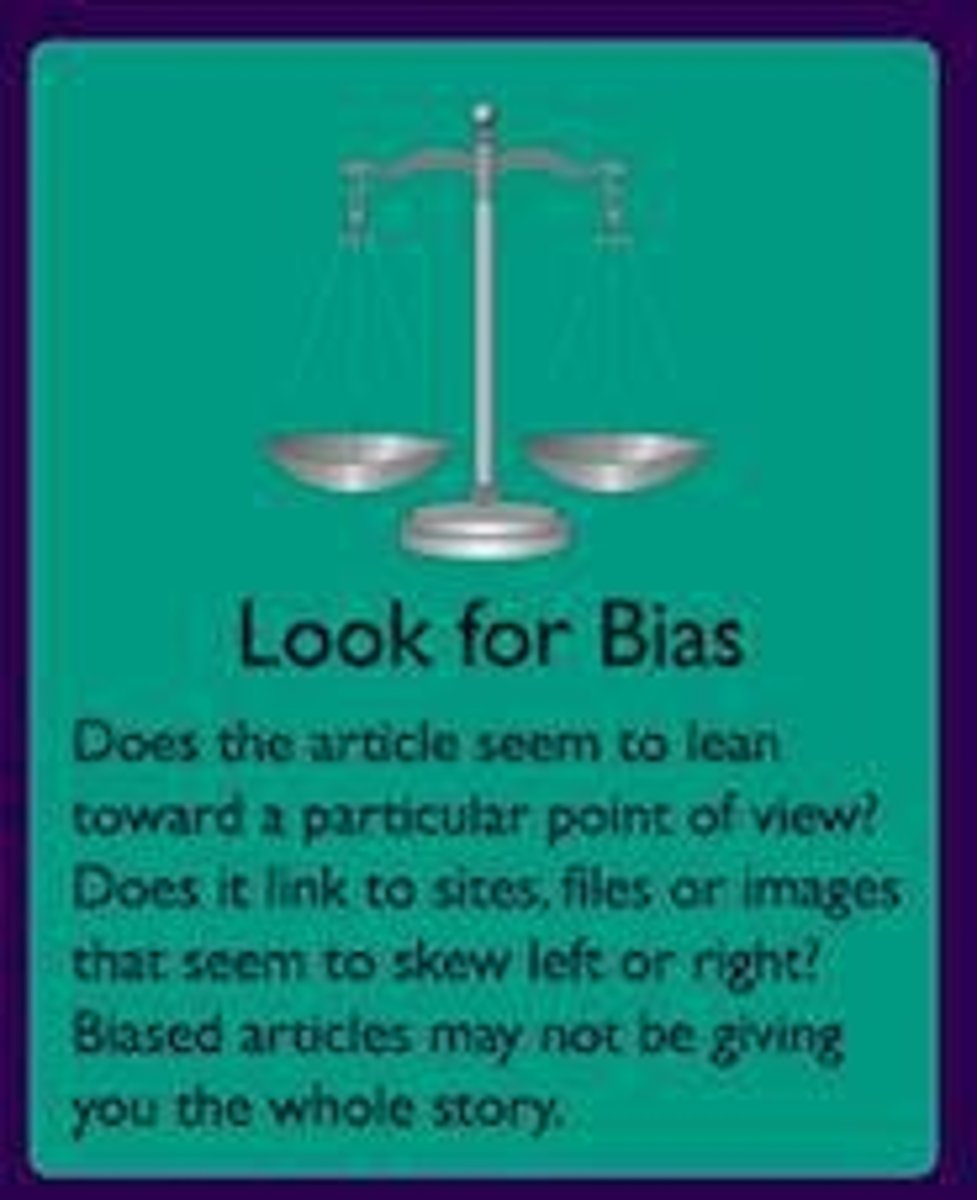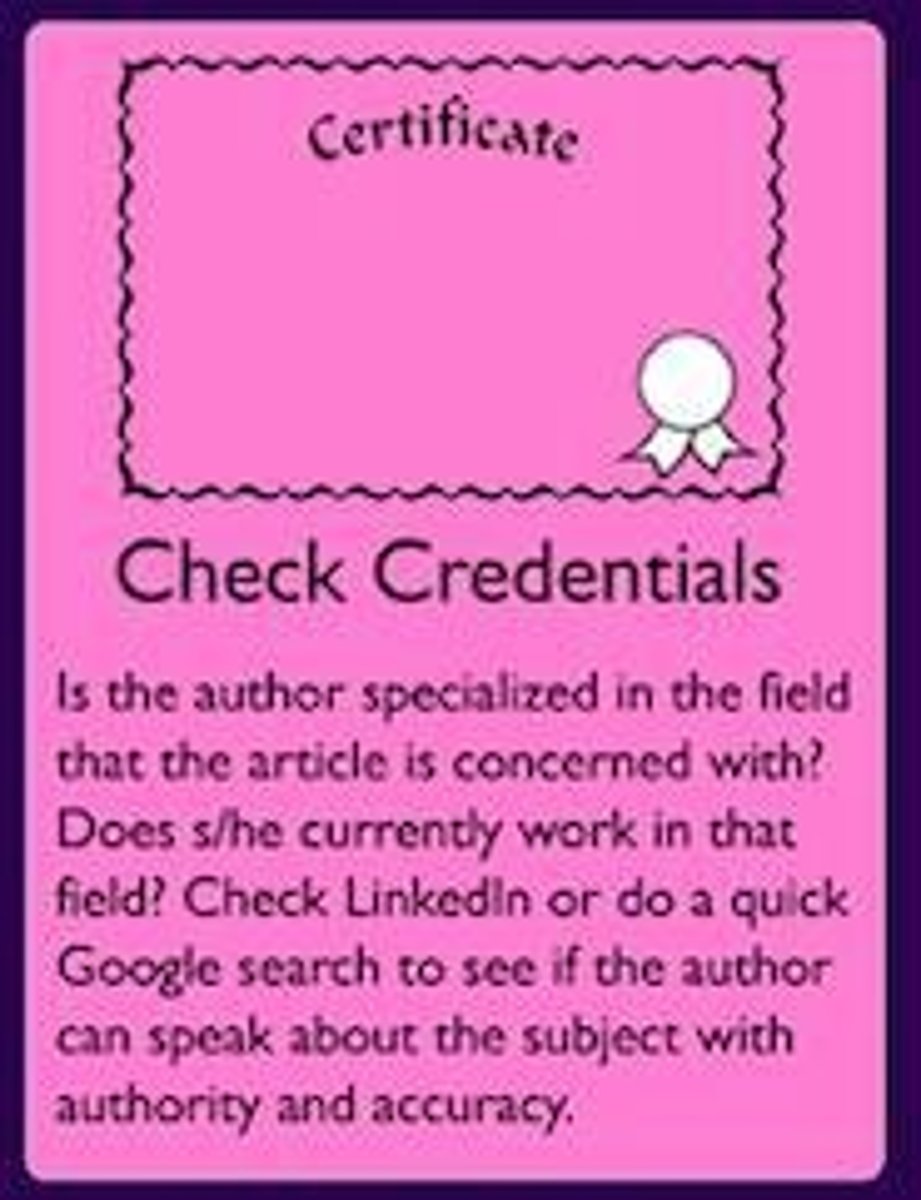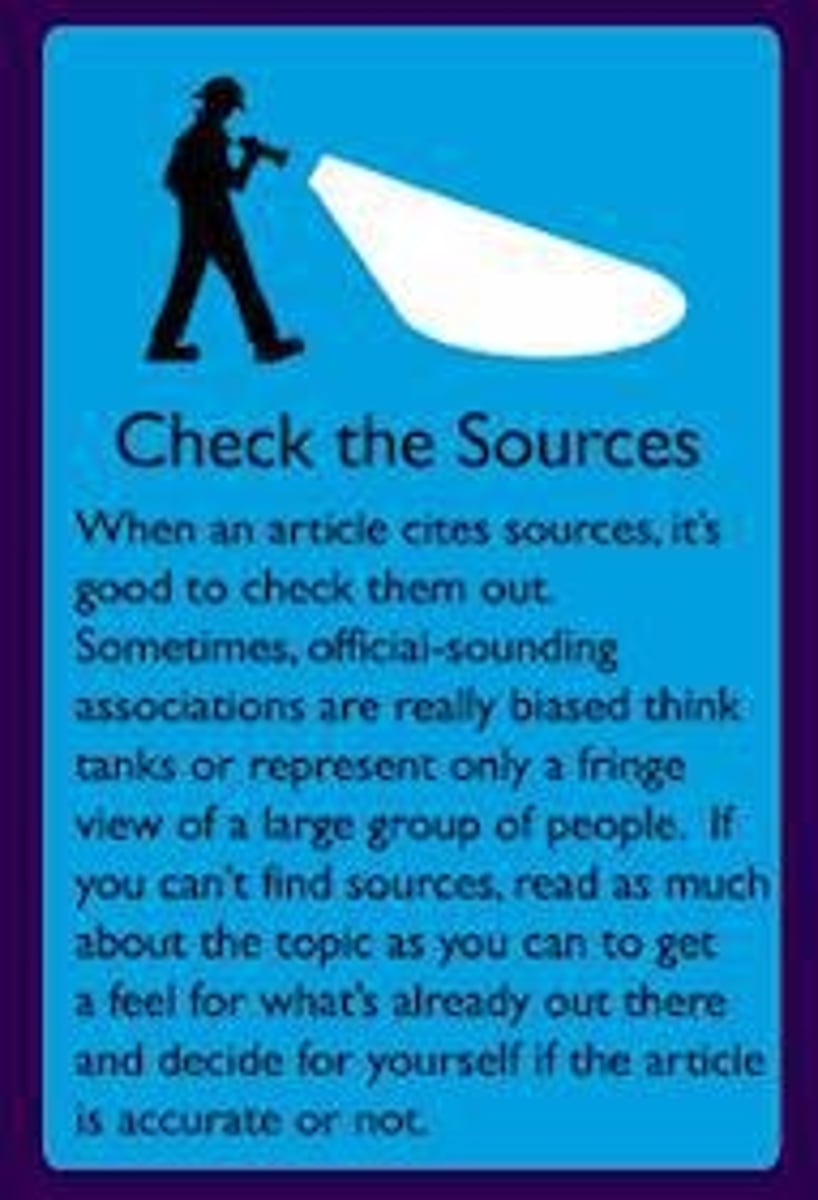Philosophy of Science: Key Concepts and Methods
1/66
There's no tags or description
Looks like no tags are added yet.
Name | Mastery | Learn | Test | Matching | Spaced |
|---|
No study sessions yet.
67 Terms
Philosophy
Love of wisdom; study of fundamental questions.
Philosophers
Individuals who interpret meanings and concepts.
Ethics
Study of values and moral problems in behavior.
Epistemology
Study of knowledge and its acquisition limits.
Metaphysics
Study of reality and existence's fundamental principles.
Ontology
Nature of existence and being.
Cosmology
Origin and organization of the universe.
Axiology
Study of values, including ethics and aesthetics.
Inductivism
Theory derived from observable facts and experiences.
Hypothetico-deductivism
Theory asserting facts may not be observable.
Deductive Logic
General principles applied to specific cases.
Inductive Logic
Specific observations lead to general conclusions.
Scientific Method
Systematic approach for data collection and analysis.
Good Instruments
Tools ensuring validity and reliability of data.
Key Questions in Education
What is knowledge, learning, and teaching?
Values in Ethics
Rightness, wrongness, and desirability of actions.
Scientific Theories
Explanations based on observed and tested facts.
Observable Facts
Data that can be perceived through senses.
Nature of Reality
Fundamental questions about existence and being.
Nature of Knowledge
Exploration of what constitutes true understanding.
Nature of Values
Examination of moral and aesthetic principles.
Theories
Confirmed explanations supported by evidence, not proven.
Hypothetico-deductivism
Testing hypotheses through predictions and observations.
Charles Lyell
Geologist supporting evolution through fossil records.
Darwinism
Theory of evolution by natural selection.
Creationism
Belief in divine creation of life.
Fossil Record
Historical evidence of past organisms in layers.
Rock Layers
Sedimentary strata indicating geological time periods.
Present Day Species
Species currently alive today.
Falsificationism
Theory must be testable and falsifiable.
Scientific Progress
Advancement through testing and refuting theories.
Conjecture and Refutation
Science evolves by challenging existing theories.
Thomas Kuhn
Philosopher who introduced 'paradigm' concept.
Paradigm
Framework of theories guiding scientific research.
Normal Science
Routine research within established paradigms.
Revolutionary Science
Radical shifts in scientific understanding.
Inverse Correlation
Relationship where one variable increases as another decreases.
Sedimentary Rock Layers
Layers of rock formed by sediment deposition.
Percentage of Fossil Species
Proportion of species still existing today.
Scientific Criticism
Evaluation and challenge of scientific theories.
Planned Test
Experiment designed to validate a hypothesis.
Expected Result
Predicted outcome based on a hypothesis.
Scientific Method
Systematic process for investigating phenomena.
Define Problem
Identify the issue to be investigated.
Ask a Question
Formulate a specific inquiry based on observations.
Hypothesis
Proposed explanation to be tested.
Test the Hypothesis
Conduct experiments to validate or refute hypothesis.
Collect Data
Gather information from experiments or observations.
Report Results
Share findings with the scientific community.
Quantitative Data
Numeric variables used for statistical analysis.
Qualitative Data
Categorical variables describing characteristics.
Reliability
Consistency of a measurement across trials.
Validity
Accuracy of a measurement in assessing intended concept.
Test-Retest Reliability
Consistency of results over time.
Internal Consistency
Consistency across different parts of a test.
Interrater Reliability
Consistency across different observers or raters.
Face Validity
Measurement appears to assess intended construct.
Construct Validity
Measure accurately reflects the intended construct.
Content Validity
Measurement covers all aspects of the concept.
Criterion Validity
Measure correlates with other valid measures.
Discriminant Validity
Scores not correlated with conceptually distinct measures.
CRAAP Test
Criteria for evaluating information credibility.

Currency
Timeliness of the information provided.
Relevance
Importance of the information to the topic.
Authority
Credibility of the information source.

Accuracy
Support of information by credible evidence.

Purpose
Intent behind the information presented.